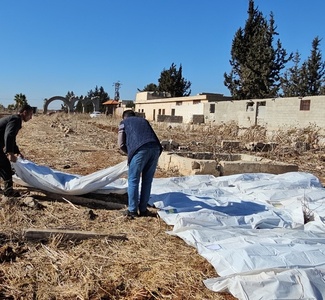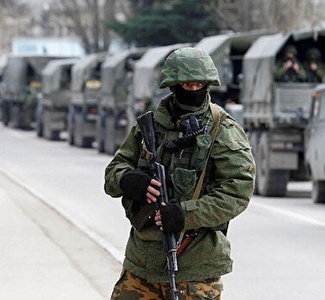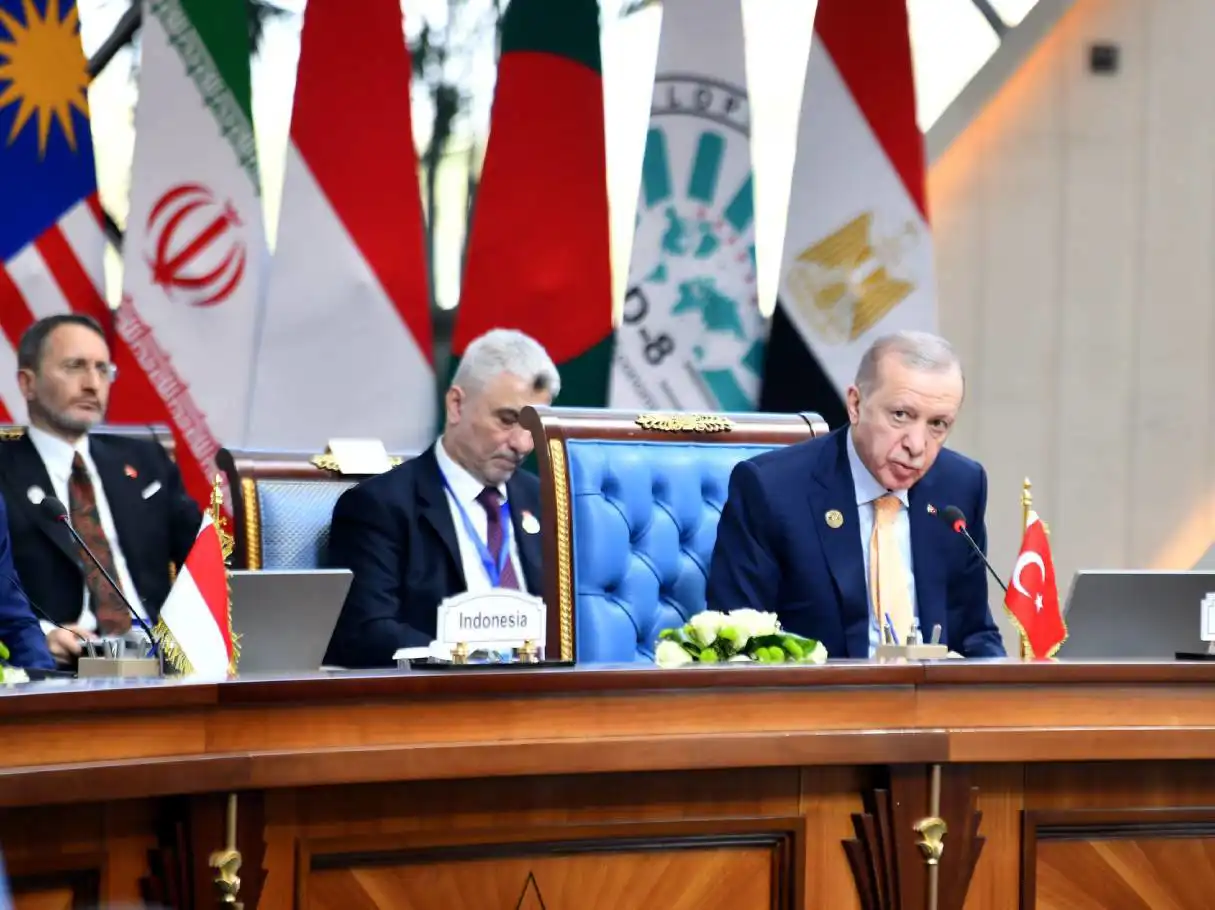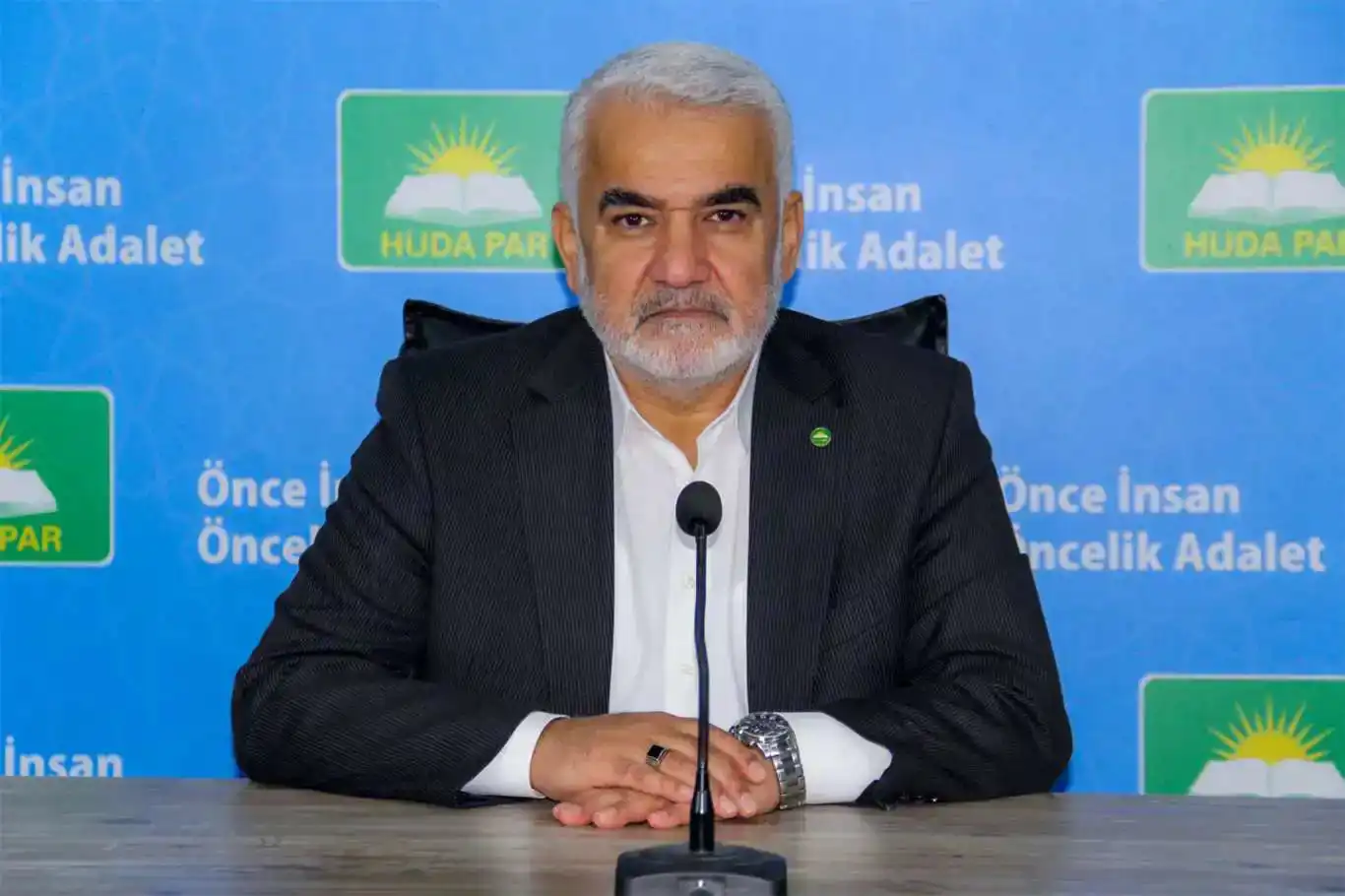Save the Children calls for the release of frozen assets into Afghanistan’s economy
The rising cost of food in Afghanistan, which has seen some items almost double in price since June last year, means many families and their children are only surviving on bread and water this Ramadan, Save the Children said.
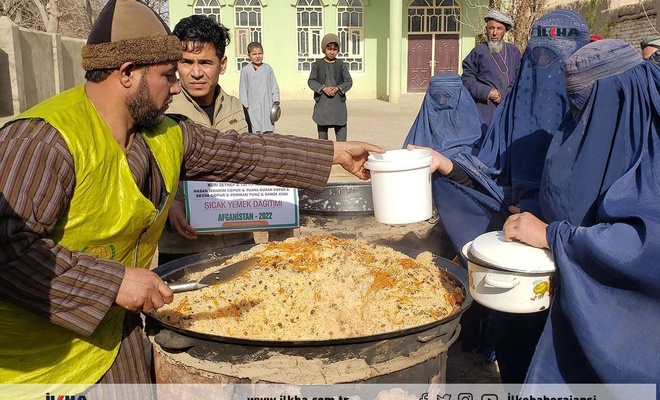
 Google News'te Doğruhaber'e abone olun.
Google News'te Doğruhaber'e abone olun. Islam’s holy month of Ramadan is considered a time of celebration, compassion, and unity, but with the country’s economy near collapse, an increasing number of Afghan families are jobless, destitute, and are resorting to desperate measures to feed their children.
Since the Taliban’s takeover in August 2021, living costs and food prices have skyrocketed, with a kilogram of wheat costing almost 45 percent more compared with June 2021. The World Bank says incomes are likely to have fallen by around a third in the last months of 2021.
The war in Ukraine could further increase food prices and the cost of living in Afghanistan, with the World Food Program saying the country could be one of the most heavily impacted due to its dependency on wheat.
Afghanistan is facing its worst food crisis since records began. Half the population – 23 million people, including 14 million children – expected to face hunger this year, an alarming increase since last August.
Children are the most vulnerable during a hunger crisis. Without enough food and the right nutrition, they can become malnourished which can lead to illness, infections, stunting and death.
“Ramadan is drastically different for many families in Afghanistan this year. At the end of a day of fasting, families would usually eat a meal together called Iftar, where several dishes would be shared. However, parents tell us they’re distraught that they cannot provide the usual Iftar meal for their children and that sometimes they are only eating bread after fasting for more than 12 hours,” said Chris Nyamandi, Save the Children’s Country Director in Afghanistan.
“Even before Ramadan, many families struggled to provide three meals a day for their children and have been forced to skip meals, reduce portion sizes or remove nutritious foods such as fruit and vegetables from their diet,” Nyamandi said and adding: “It’s incredibly hard to fathom how the world can stand by and watch as one of the worst hunger crises unfolds. Our clinics are full each day with children who are just skin and bone, and our doctors spend sleepless nights trying to work out how they can save them. Solutions do exist and the world must act now.”
He called on international governments to provide urgent humanitarian funding, release frozen assets into Afghanistan’s economy and work to stabilize key pillars of the financial system. (ILKHA)

































